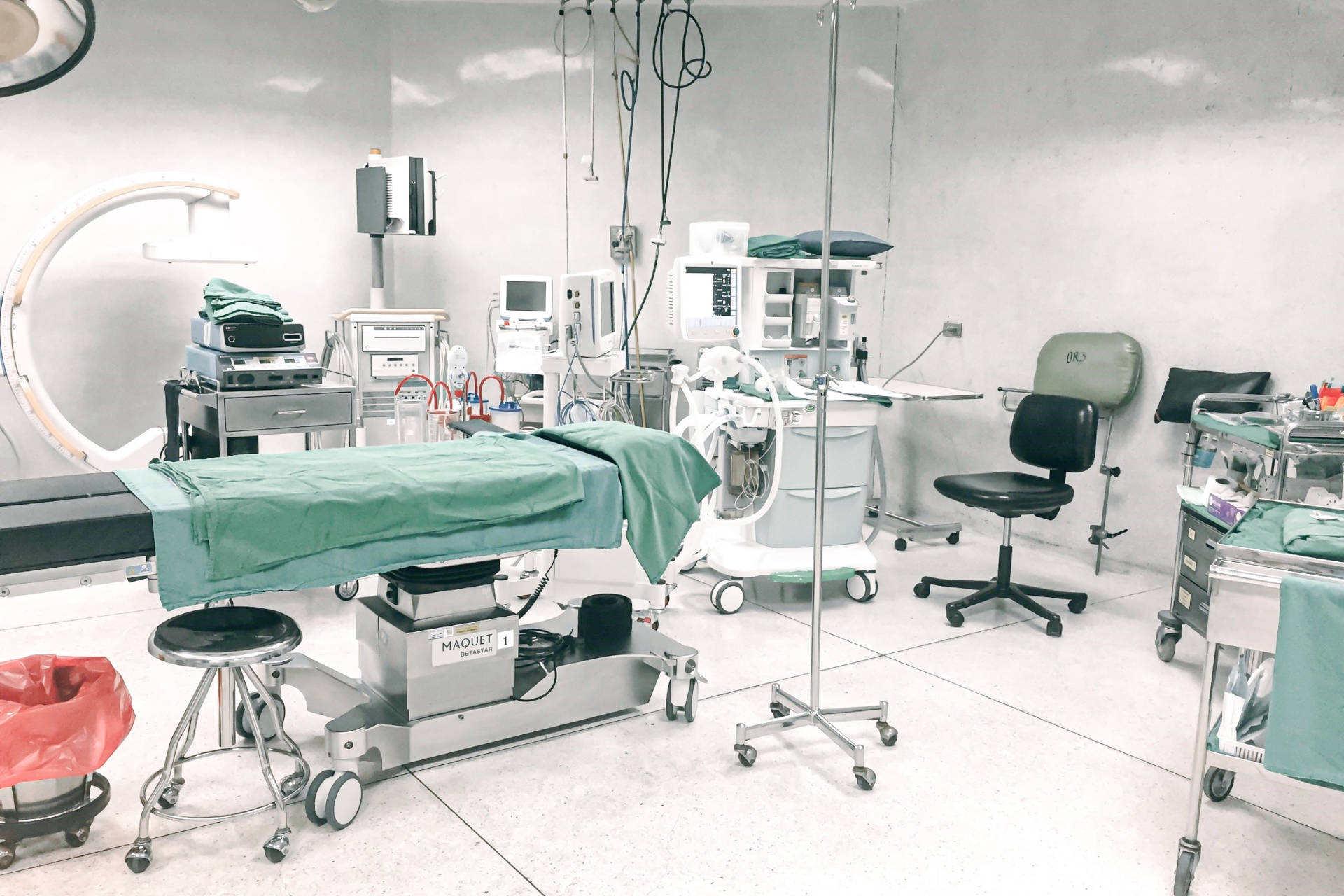Dr. Shaheen Institute Of Dermatology

Growth Failure
Comprehensive Care for Growth Failure at Maple Healthcare
At Maple Healthcare, we understand the importance of addressing growth failure in children. Our team of experienced medical professionals is committed to providing comprehensive care, thorough evaluations, and personalized treatment plans to support healthy growth and development in children facing growth challenges.

Our Growth Failure Services
Comprehensive Evaluation:
Our healthcare experts will conduct a thorough assessment to determine the underlying causes of growth failure. This may involve reviewing medical history, conducting physical examinations, and ordering appropriate tests to identify any potential contributing factors.
Nutritional Assessment and Guidance:
Nutrition plays a crucial role in growth. Our registered dietitians will evaluate your child’s dietary intake and provide guidance on proper nutrition to support healthy growth. We’ll work closely with you to ensure your child receives the necessary nutrients.
Hormonal and Genetic Testing:
If necessary, we may recommend hormonal or genetic testing to identify any underlying conditions affecting growth. Our medical professionals will guide you through the testing process and interpret the results.
Individualized Treatment Plans:
Based on the evaluation, we’ll develop a personalized treatment plan tailored to your child’s specific needs. This plan may include recommendations for nutrition, lifestyle adjustments, medications, or growth hormone therapy if appropriate.
Regular Monitoring:
Monitoring your child’s progress is essential. Our team will schedule regular follow-up appointments to track growth, assess the effectiveness of the treatment plan, and make any necessary adjustments.
Why Choose Maple Healthcare for Growth Failure Care
Expertise: Our healthcare professionals have specialized knowledge in pediatric growth disorders. They will provide expert guidance, address your concerns, and ensure your child receives the best care possible.
Child-Centric Approach: We understand that each child is unique. Our professionals will work closely with you and your child to create a treatment plan that takes into account their individual needs and preferences.
Holistic Care: We believe in addressing all factors that contribute to growth failure, including medical, nutritional, and emotional aspects, to provide the most comprehensive care.
Family Support: We recognize the importance of family involvement. Our team will provide support, education, and guidance to help you understand and actively participate in your child’s treatment journey.
Affordable Wellness: We believe that every child deserves the opportunity to achieve healthy growth. Our services are competitively priced to provide quality care without financial strain.
Experience comprehensive care for growth failure at Maple Healthcare. Contact us today to schedule a consultation and take the first step towards supporting your child’s healthy growth and development.
Frequently Asked Questions(FAQs)
Short height is defined when child is short compared to age and sex matched children in respect to parents height.
- Hormone Disorders- Growth hormone deficiency, thyroid hormone deficiency, etc.
- Malnutrition and Mineral Deficiencies- Under nutrition (of calorie, protein), Vitamin D deficiency, Calcium deficiency, Iron deficiency, etc.
- Systemic Diseases- Diseases of the kidney, liver, heart, lungs or any body system can affect growth.
- Familial short stature – if parents have short height
- Constitutional delayed growth with or without delayed puberty
- Other genetic disorders such as Turner syndrome
- Idiopathic Short Stature – if no cause could be found for short stature
Once the bones (epiphysis) are fused; height cannot be increased further. Many short children are brought to Endocrinologist so late that bones have already fused and nothing can be done then for increasing height. Almost best outcome are possible when treatment is started earliest in any case of growth disorder.
- If he/she is shorter as compared to his/her classmates
- If child is not outgrowing his/her clothes & shoes
- He/she is gaining height less than 4-5 cm/year
- Heavier than his/her friends
If you suspect any of above thing in your child; you should consult your doctor
In children the various hormones (as growth hormone, thyroid hormone, and sex hormones), plays the role in normal height gain. Also many nutrients are also required for potential height growth.
Growth hormone is a natural protein produced by the pituitary gland; an endocrine gland found in the brain. A child needs growth hormone for growth and body development during childhood.
Growth hormone deficiency (GHD) is one of the causes of short stature. GHD means that the child’s body does not make enough growth hormone.
Without treatment a child with GHD will usually grow less than 4–5cm (~2 inches) a year. Quite often, the child will grow normally until the age of 2 or 3 and then growth begins to slow down. It’s important to realize that a child may be smaller than average, but will have normal body proportions. In other words, children with GHD tend to seem younger and have more body fat than children of the same age who are growing normally. Children with GHD are generally perfectly healthy in every other aspect.
GHD needs to be tested when other causes of lack of growth have been ruled out. You need to consult an Endocrinologist if your child is not growing normally. A child may have to take a special medicine to stimulate the pituitary gland, which is where growth hormone is produced within the body. In children with GHD, the pituitary gland releases far less growth hormone than normal in response to this stimulation. It is very important to understand that random estimation of single growth hormone value has no role in the diagnosis of GHD.
Once a child is diagnosed as having GHD, growth hormone injections can help the child catch up with the growth of other children of the same age during early childhood. Continuing the injections helps maintain normal growth later in childhood, with the final aim of achieving an adult height within the normal range. The response to growth hormone treatment varies from one individual to another, but most children who receive treatment over several years will reach a normal or near normal adult height.
Growth hormone injections are normally given once-daily in the evening. At the beginning parents are trained to give these injections if the child is very young. Later on, children can inject themselves when they feel confident enough. Devices are now available that make injecting growth hormone much simpler, more comfortable and less painful.
The earlier the treatment started in a child with GHD; the better the prospects of their eventually reaching normal adult height.
If a child doesn’t grow as fast as other children, this can have an impact on the whole family. Many children who are shorter than their schoolmates may experience emotional problems, bullying and difficulties with daily activities such as sports. For these reasons, it’s important to explain to a child that things will improve once the growth hormone treatment has been working for a while. In the meantime, remember to act towards a child according to the age they actually are, not the age they look.
In most cases treatment with growth hormone is needed until the end of puberty till the bones fuses. However, many people will benefit from growth hormone treatment for many years after that; especially those who have severe GHD.





